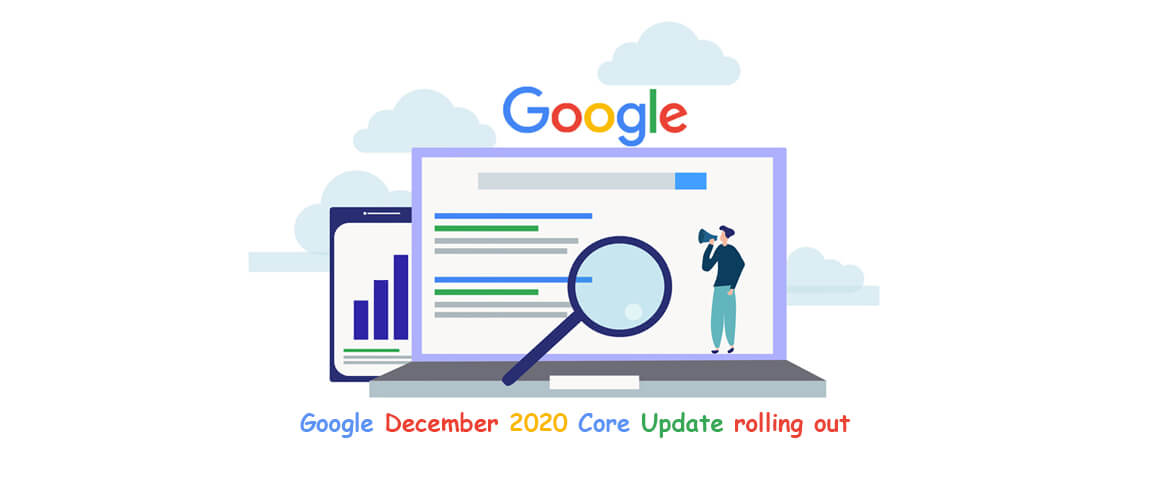Search
engines have become such an integral part of our modern lives that a day
without using one sounds near impossible. They are our only way to navigate the
vast space that is the internet and find almost anything we are looking for.
From finding a new author to the price of a wedding dress, search engines have
a super long list of different uses. So much as so that searching on a search
engine has been given a verb of its own, derived from the world’s most popular
search engine: Google.
Google
was one of the first-ever search engines that emerged from the tech industry
based in the Silicon Valley and used its PageRank algorithm to sift through the
internet. However, it has come a long way since its release. After growing
through numerous acquisitions of smaller companies, Google has grown into one
of the world's biggest tech companies with services in more than fifty
different domains. However, its prime product still remains its globally
trusted search engine.
Google’s
search engine has also come a long way, just like its parent company. It has
received many updates through the years that have made it a more robust and
versatile search engine. Google has made its search engine able to handle all
kinds of different queries and display the results in different formats such as
business listings, product listings and descriptions, location points, and
embedded videos.
Google is releasing another update to its search engine in December this year with updated crawling technology and policies regarding websites. With new policies rolling out, websites and businesses are bracing for impact as they can potentially harm their ranking or further improve it. Whether the prior happens or the latter, only time will tell.
